If you are using JUnit 5 you can cherry pick which tests you want to run:
import org.junit.platform.suite.api.SelectClasses;
import org.junit.platform.suite.api.Suite;
import tests.Test1;
import tests.Test2;
import tests.Test3;
@Suite
@SelectClasses({
Test1.class,
Test2.class,
Test3.class
})
public class AllMyTests {
}
If you want to select which packages to run you can:
import org.junit.platform.suite.api.SelectPackages;
import org.junit.platform.suite.api.Suite;
@Suite
@SelectPackages({
"com.package1",
"com.package2",
"com.package3"
})
public class AllMyTests {
}
If you need to be able to exclude certain sub-packages you can do:
import org.junit.platform.suite.api.ExcludePackages;
import org.junit.platform.suite.api.SelectPackages;
import org.junit.platform.suite.api.Suite;
@Suite
@SelectPackages({
"com.package1",
"com.package2",
"com.package3"
})
@ExcludePackages({
"com.package1.subpackage",
"com.package2.othersubpackage"
})
public class AllMyTests {
}
Other useful annotations:
- To match a particular pattern:
@IncludeClassNamePatterns({"^.*ATests?$"})
- To exclude a particular pattern:
@ExcludeClassNamePatterns({"^.*ATests?$"})
Examples were based on: https://howtodoinjava.com/junit5/junit5-test-suites-examples/

